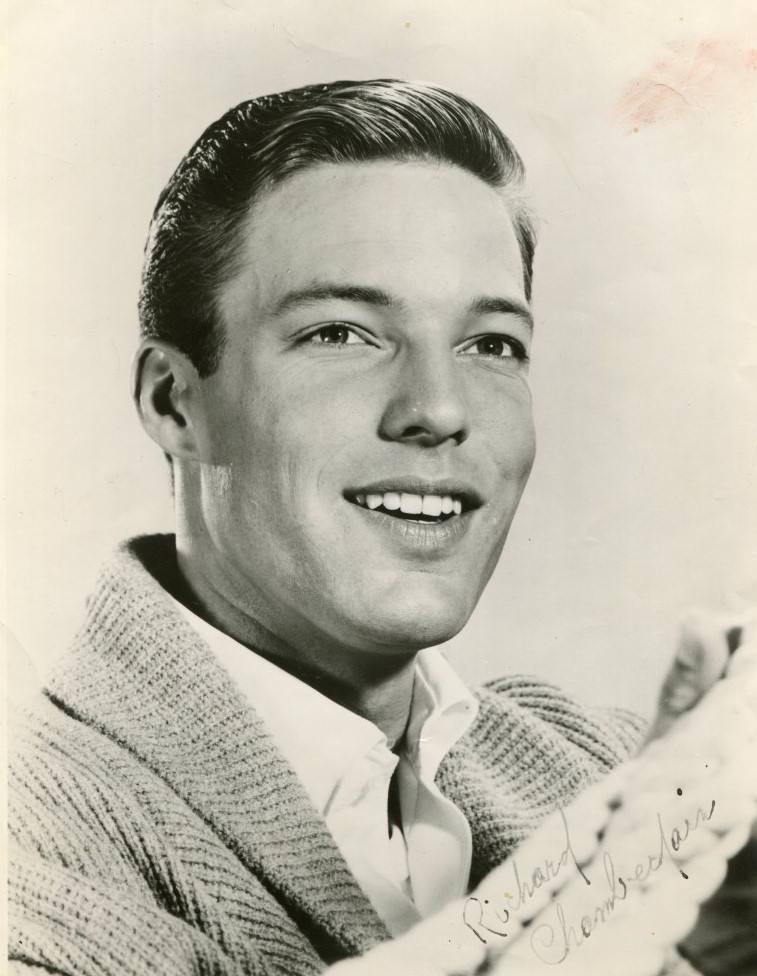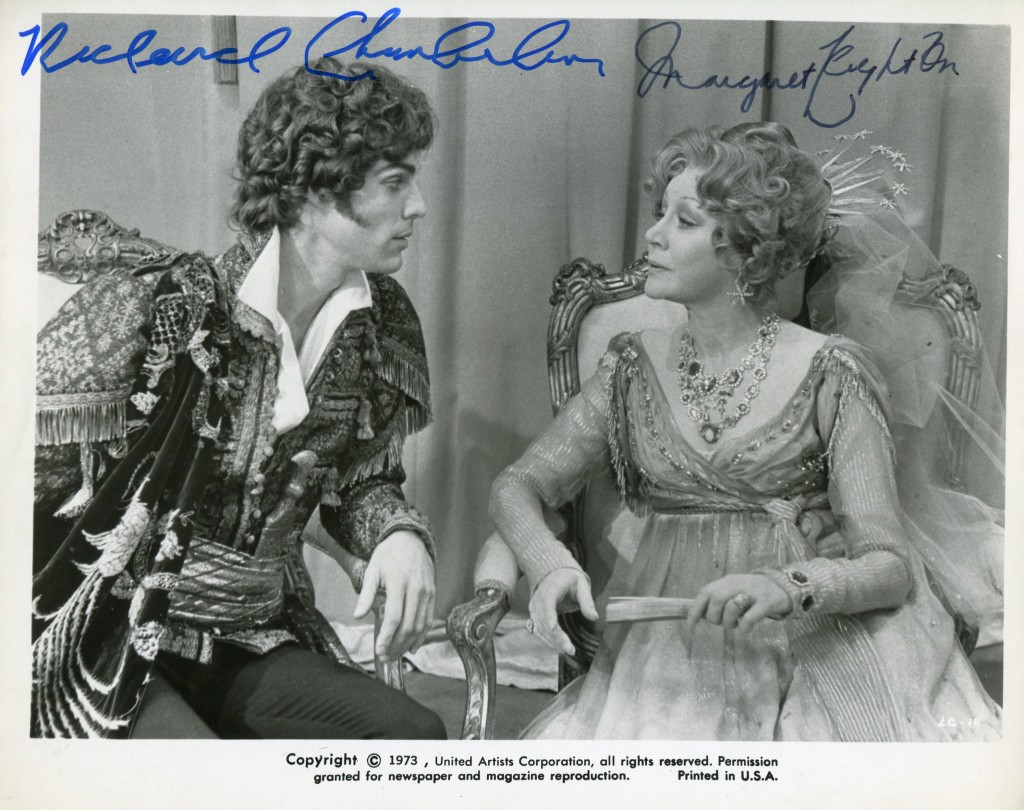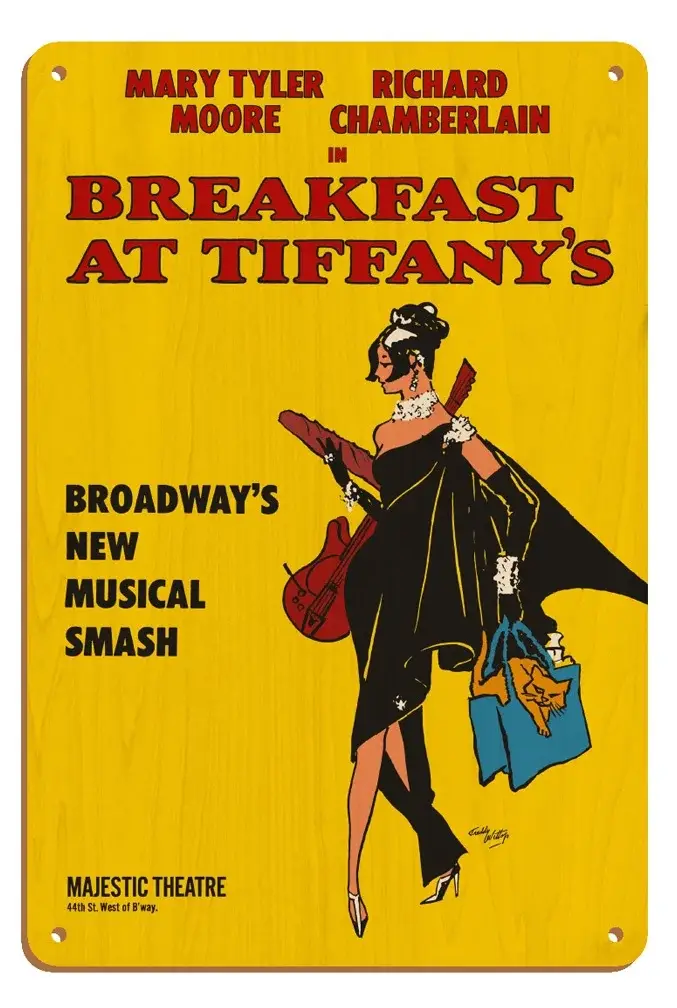

The times obituary in 2025.
Richard Chamberlain was in his mid-twenties and had little acting experience when MGM cast him as Dr James Kildare, the earnest young intern with the polished bedside manner, in the medical series that became one of American television’s biggest successes of the 1960s.
Tall, slim and good-looking, Chamberlain was turned into a heart-throb overnight by Dr Kildare. The studio proudly declared that the 12,000 letters he was receiving a week — almost exclusively from female fans — was a record and more than even Clark Gable had received at his peak.
Chamberlain’s boyish innocence as Dr Kildare was offset by his gruff superior, played by the veteran Canadian actor Raymond Massey. The series ran for six seasons, notching up almost 200 episodes, and although it turned him from a bit-part actor into an international star, Chamberlain found it hard to escape its shadow as Dr Kildare’s Ivy League charm plunged him into an identity crisis. The role, he felt, typecast him as bland and lightweight, his success based more on his looks than on the depth of his acting. The character had become a prig and a bore, he complained, and he resented the extent to which he was identified with the part. When the series ended in 1966 his relief was palpable and, bravely turning his back on the Hollywood studios, he announced his intention to concentrate on the stage in an attempt to establish himself as a serious actor.
However, his fears that the public were not ready to let him move on seemed justified when his Broadway debut in the 1966 musical Holly Golightly, based on Truman Capote’s Breakfast at Tiffany’s, with Mary Tyler Moore, was an unmitigated disaster. In fact, he never officially got to make his debut and the show closed before it opened, shuttered after a handful of ill-received previews. “Turned out to be the biggest flop that ever hit Broadway,” he noted ruefully. He assuaged his disappointment by acting in stock company productions of The Philadelphia Story and Noël Coward’s Private Lives and touring in West Side Story. He then found refuge in Britain, where he spent several years in the late 1960s and early 1970s in a concerted effort to put Dr Kildare behind him and expand his horizons. He impressed as Ralph Touchett in BBC television’s 1968 adaptation of Henry James’s The Portrait of a Lady, a performance he later discussed with Queen Elizabeth II when introduced to her at a film premiere. “Oh yes, we watched that,” she told him before adding: “Well, not all of it
He supported Julie Christie in Richard Lester’s film Petulia and was a tortured Tchaikovsky in Ken Russell’s extravagant but tasteless The Music Loversalongside Glenda Jackson, and after some intensive voice coaching was ready to take on Shakespeare, playing Hamlet at the Birmingham Repertory Theatre. “Anyone who comes to this production to scoff at the sight of a popular American television actor, Richard Chamberlain, playing Hamlet will be in for a deep disappointment,” a review in The Times pronounced. He followed it by playing Octavius in Julius Caesar on screen in a British production alongside Sir John Gielgud and Charlton Heston among others.
There were further heavyweight stage appearances in a revival of Christopher Fry’s verse comedy, The Lady’s Not for Burning, at the Chichester Festival, and as a dashing Lord Byron in Robert Bolt’s film Lady Caroline Lamb. He also played Aramis in Richard Lester’s 1973 film The Three Musketeers and reprised the role in its sequel the following year. Eventually he felt ready to face American audiences again. “People back in the States were saying, ‘He played Hamlet? What?’ It changed the way people thought about me,” he observed
His return to Hollywood came in the 1974 disaster movie, The Towering Inferno, but he built on his new serious image by playing the Prince of Denmark again on American TV and taking the title role in Jonathan Miller’s stage production of Richard II. Almost a decade on from the disaster of Holly Golightly, he also triumphantly made his full Broadway debut in a 1975 production of Tennessee Williams’s The Night of the Iguana.
With his reinvention complete, he went on to become the king of the TV miniseries. Among the more notable was Centennial (1978), based on James Michener’s novel, and Shōgun (1980), from James Clavell’s novel, a handsome journey through 16th-century Japan in which Chamberlain played an English sea captain who is captured and brought before a warlord.
However, both were upstaged, at least in Britain, by The Thorn Birds, based on Colleen McCullough’s story of an Australian Roman Catholic priest, Father Ralph, played by Chamberlain, who abandons his vow of celibacy for an affair with a young woman, played by Rachel Ward, who gives birth to his son, while being targeted by a rich older woman played by Barbara Stanwyck. The Thorn Birds might have passed muster as a light and undemanding drama had not the BBC chosen to run it in 1984 head to head with ITV’s much superior The Jewel in the Crown, based on Paul Scott’s novels set in the final years of British rule in India. The contrast brought accusations that the BBC was reneging on its public service obligations. Yet for all the scorn heaped upon it, The Thorn Birds was a high point in Chamberlain’s later career and won him a Golden Globe as best actor, his third such award after similar citations for Dr Kildare and Shogun.
For decades Chamberlain was reticent about his private life, fending off the inevitable press questions about why such an eligible bachelor was still unattached. Fearing that coming out as gay would alienate his mostly female fans and damage his career, he simply refused to respond to the rumours. Even after he was outed by the French women’s magazine Nous Deux in 1989, he maintained his silence on the matter until the publication of his autobiography Shattered Love: A Memoir in 2003, when he confirmed that he was gay.
“When I grew up, being gay, being a sissy or anything like that was verboten. I disliked myself intensely and became ‘Perfect Richard, All-American Boy’ as a place to hide,” he said. “Over a long period of time, living as if you were someone else is no fun,” but coming out “was like an angel had put her hand on my head and said, ‘all that negative stuff is over’.” It transpired that he had been in a relationship in the early 1970s with the actor Wesley Eure, almost 20 years his junior, and in 1977 had begun a long-term relationship with Martin Rabbett, another much younger actor.
They appeared together in the 1986 film Allan Quatermain and the Lost City of Gold and set up home together in Honolulu, where Chamberlain took up painting seascapes. He moved back to Los Angeles in 2010 when he and Rabbett separated but they remained close friends.
George Richard Chamberlain was born in 1934 in Beverly Hills, California, the second son of Elsa (née von Benzon) and Charles Chamberlain, a salesman. Although he enjoyed a comfortable, middle-class home life, in his autobiography he recalled an unhappy time at Beverly Hills High school due to undiagnosed dyslexia, his misery only partially ameliorated by excelling on the running track
His interest in acting was piqued while attending Pomona College, where he took a degree in art, and he was on the point of signing a contract with Paramount Pictures in 1956 when he was drafted into the US army and posted to Korea, where he spent 16 months as an infantry company clerk and detested every minute of it. On his discharge he took further classes at the Los Angeles Conservatory of Music and Drama, paying for his studies by working variously as a chauffeur, supermarket clerk and construction worker.
In 1959 he helped to co-found a theatre group, Company of Angels, with Leonard Nimoy among others and landed his first screen role that same year with a bit part in an episode of the television western series, Gunsmoke.
When MGM put him under contract, the first role they assigned him was Dr Kildare and it led to a parallel singing career. He had a Top Ten hit with Theme from Dr Kildare (Three Stars Will Shine Tonight) in 1962 and enjoyed further hits with covers of Love Me Tender and All I Have To Do Is Dream.
In later life he continued to enjoy the stage as much as the screen, playing Charles Condomine in 1987 in the first revival on Broadway of Coward’s Blithe Spirit since its premiere in 1941 while his singing was heard as Henry Higgins in a 1993 revival of My Fair Lady and the title role in a 2005 production of Scrooge: The Musical. He also appeared asKing Arthurin the touring version of Monty Python’s Spamalot
Liberated by no longer having to keep his sexuality a secret, he went on as an out and proud gay man in his seventies to play several gay characters in television episodes of Will and Grace, Desperate Housewives and Brothers and Sisters and in the 2007 film I Now Pronounce You Chuck and Larry


